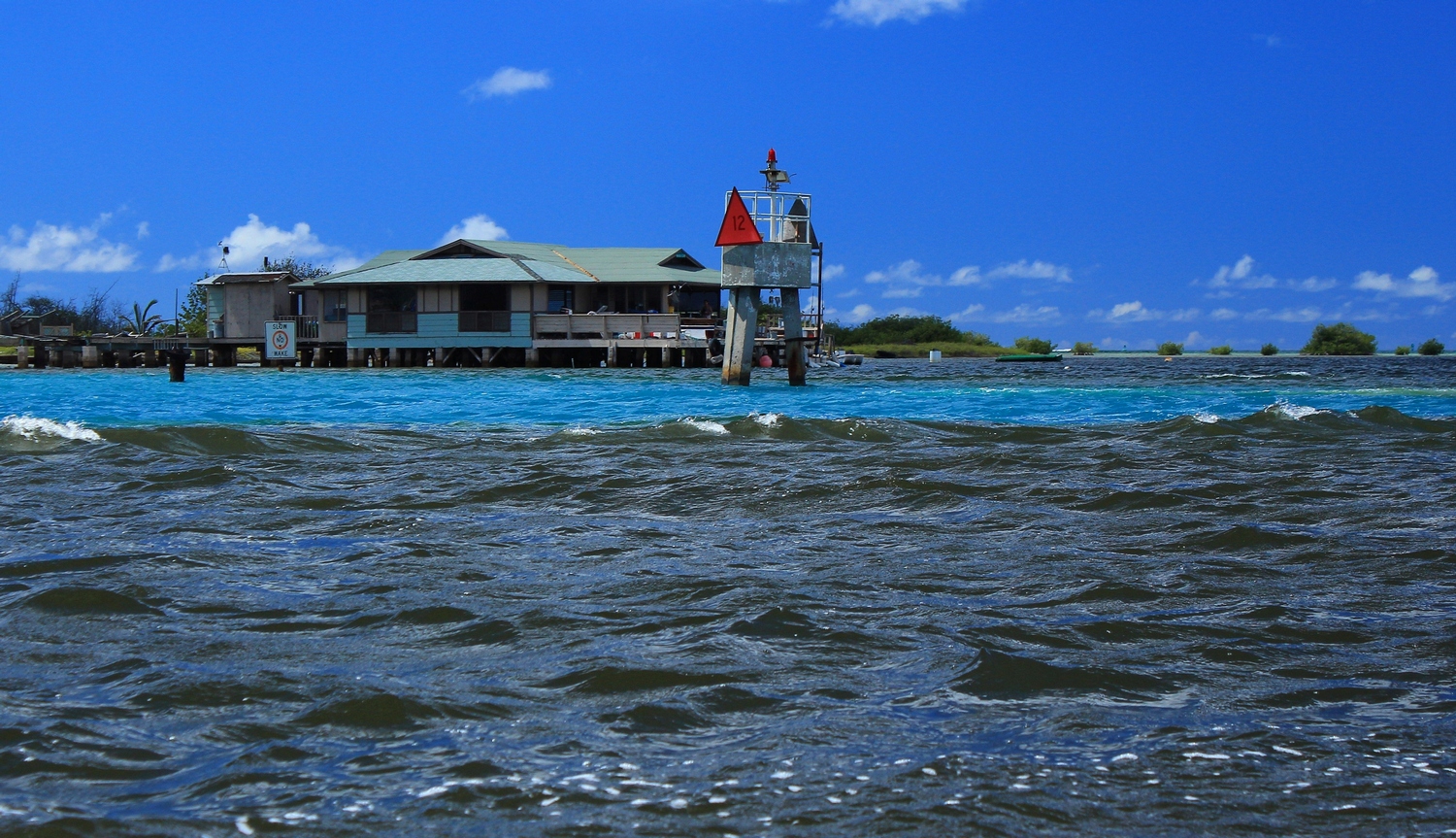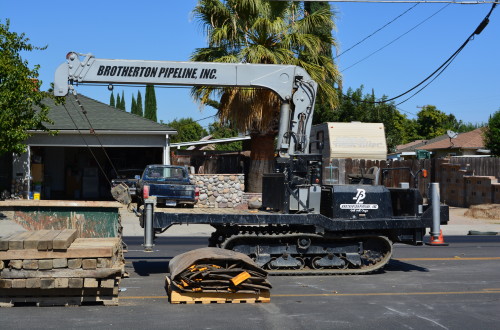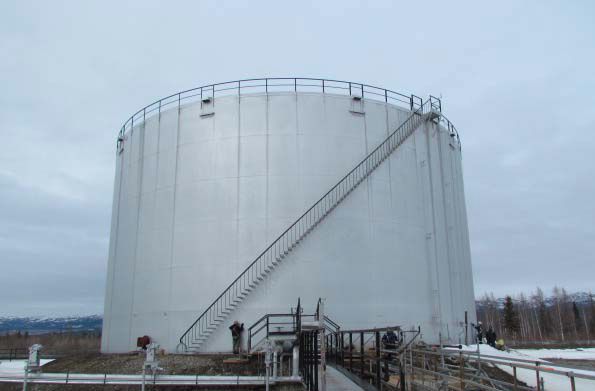
- Anything, in sufficient quantities, can be toxic.
One problem with prescriptive safety regulations is that compliance with the requirements is easily confused with actually addressing all of the operating risks. No prescriptive regulations, no matter how onerous, can anticipate all potential failure modes and consequences, leading to “unexpected accidents” when something fails in a way not anticipated by the requirements
As an example, last week an under-pier pipeline used to load bulk molasses onto tanker ships failed during a fill, dropping almost a quarter-million gallons of sugar syrup into Honolulu Harbor. It promptly sank to the bottom and displaced all the seawater away from fish and bottom-dwelling creatures.
Molasses is not a “hazardous material” like petroleum, and so the usual rules and requirements for marine transfers are completely different. No records are available regarding the age or inspection history of the failed pipeline, and no response plan was ready once the spill had been recognized. If this had been a finished product pipeline at a petroleum liquids terminal, I suspect that the safety manager would know exactly the inspection history and would have executed a pre-rehearsed response using equipment and materials kept nearby just for that purpose.
Comprehensive risk management at the molasses terminal would have identified this risk and, ideally, resolved uncertainty about the age and condition of the pipeline before a critical failure occurred. The Honolulu molasses spill is another case history of losses that arise from incorrectly assuming that regulatory compliance is the same as thorough risk management.
Atlas is pleased to be working on a risk management project with Phil Myers at PEMY Consulting that addresses this issue head-on. The unfortunate situation in Honolulu Harbor is an object lesson for us on that project, making sure that we consider all of the risks in our Customer’s terminals and not just the risks that the regulators require to be addressed.
And for those of you who think that a molasses spill is unprecedented, I leave you with a photo from the disastrous 1919 spill in Boston.

The Great Boston Molasses Flood of 1919
 Atlas Geotechnical is actively seeking a finite element analysis collaborator for our rapidly expanding storage tank consultancy. This work is plates and shells, not soils and foundations; SAP, not FLAC. The great majority of these assignments are short-duration, quick turnaround stress-and-deformation analyses of API 650 welded steel storage tanks that have foundation settlement problems. If you’ve got chops or know someone who does, get in touch and let us know about your skills.
Atlas Geotechnical is actively seeking a finite element analysis collaborator for our rapidly expanding storage tank consultancy. This work is plates and shells, not soils and foundations; SAP, not FLAC. The great majority of these assignments are short-duration, quick turnaround stress-and-deformation analyses of API 650 welded steel storage tanks that have foundation settlement problems. If you’ve got chops or know someone who does, get in touch and let us know about your skills.



